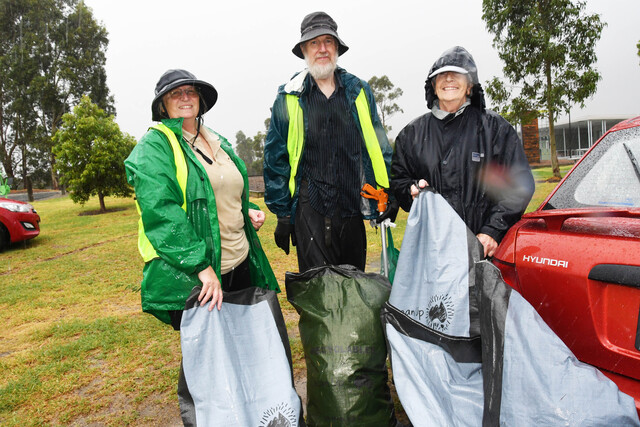A Cranbourne North service station has failed in its attempt to be compensated for lost trade during major roadworks, after the Victorian Civil and Administrative Tribunal (VCAT) found its case had no legal foundation.
APCO Service Stations Pty Ltd, which operates at 315 Narre Warren Road, lodged an application in December 2024 seeking compensation of $413,202 for reduced sales during upgrades at the Hall Road and Thompsons Road intersection.
The works, part of the Suburban Road Upgrades project, began in early 2024 and involved lane closures and traffic diversions around the site.
The company argued that restricted access to its site between January and February 2024 caused a drop in both fuel and retail sales.
Initially, APCO sought compensation under both the Road Management Act 2004 (RM Act) and the Major Transport Projects Facilitation Act 2009 (MTPF Act).
By February 2025, it abandoned its Road Management Act claim and pursued the matter solely under section 191A of the MTPF Act.
That section entitles landholders to compensation if access to their property is denied as a direct result of the project authority exercising powers to temporarily deviate a road or divert traffic onto a “temporary roadway” or “temporarily deviated road”.
APCO claimed that the contraflow traffic arrangement near its service station amounted to a diversion onto a temporary roadway, triggering the compensation pathway.
It said the effect of the works was to deny customers proper access, resulting in a significant loss of profit.
The Department of Transport and Planning, acting as project authority, rejected this position.
It argued that all detours used existing arterial roads within the network, and that no new or temporary roadway was created.
It also noted that no Government Gazette notice, which the Act requires if a road is temporarily deviated or a temporary roadway established, had been issued.
The Tribunal agreed with the Department’s interpretation, with Senior Member Justine Jacono and Member Sarah Porritt saying the works did not involve a temporary roadway or temporarily deviated road, and therefore the legal trigger for compensation was never engaged.
“There was not a temporary deviation of any roadway or road,” the members wrote.
“The temporary diversion of traffic onto an existing road that is part of the declared arterial road network does not fall within the scope of subsection 186D(1)(c) because there was no diversion of traffic ‘onto a temporary roadway’.”
The Tribunal also dismissed APCO’s suggestion that simply lodging and processing a claim under the Land Acquisition and Compensation Act was enough to enliven its jurisdiction.
It stressed that VCAT can only determine a claim if an enabling provision in other legislation first grants a right to compensation.
“There must be a proper basis for any application to the Tribunal, which requires … identification of an enabling enactment,” the decision stated.
VCAT ultimately concluded the claim was “misconceived and doomed to fail” and dismissed it summarily under section 75 of the VCAT Act.
That provision allows the Tribunal to strike out matters that are bound to fail without the need for a full hearing.
Because the statutory preconditions were not met, the Tribunal did not consider questions of actual financial loss, adequacy of alternative access, or the scale of APCO’s claimed damages.
The decision highlights the narrow scope of compensation available to businesses affected by major road projects.
Unless authorities formally exercise powers to create a temporary roadway or deviated road, traders inconvenienced by construction works may struggle to pursue compensation through the Tribunal.
For APCO, the outcome ends a year-long attempt to recover losses it says were caused by the upgrade; and for other businesses along the Narre Warren–Cranbourne Road corridor, the ruling may serve as a reminder of the limits of state law when it comes to recouping the costs of disruption.







